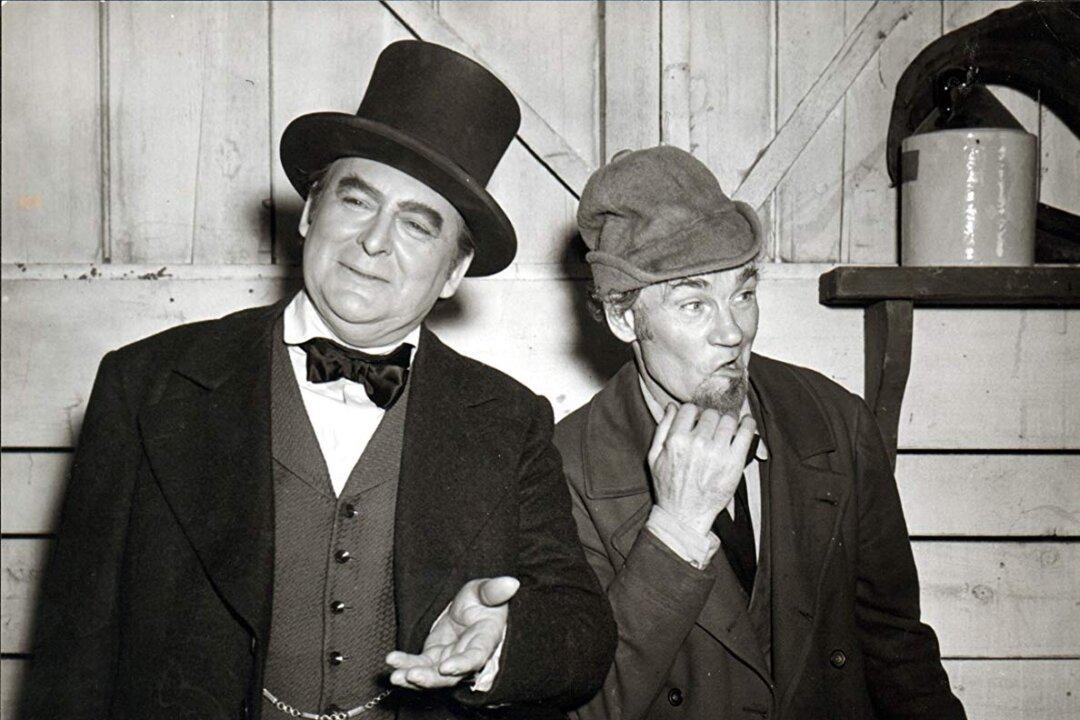America sports a pantheon of folk heroes, picturesque inventions of the imagination or real-life celebrities made mythical by time and the exaggerations of yarn spinners.
As children, most of us heard stories of the lumberjack Paul Bunyan and his blue ox Babe, of Johnny Appleseed planting orchards on the frontier, and of the “steel driving man” John Henry and his contest with a steam drill. Davy Crockett “kilt him a bear when he was only 3,” wolves raised the cowboy Pecos Bill, and Casey Jones died as an engineer in a train accident saving his passengers “with a hand on a whistle and a hand on a brake.” Mollie Pitcher was the nickname given to a woman who fought in the Revolutionary War and carried water to thirsty soldiers, and the Wild West’s Calamity Jane had many tales told about her, some of which she created herself. From “Big Bad John” to Brer Rabbit, Americans have delighted in their folk heroes.






